About Congo
Congo, known as the Democratic Republic of Congo, formerly Zaire is a vast and diverse country located in Central Africa. Known for its rich cultural heritage, abundant natural resources, a history marked by both challenges and resilience, Congo is a nation with immense potential and complexities. As a former Belgian colony, Congo inherited French as a legacy of colonial rule. French serves as the language of government, administration, and education. It is widely used in official documents, schools, and formal communication. Lately, English has become attractive to its population due to return of Congolese citizens from the diaspora and several English immigrants from both African and the globe at large. Other languages (official) include Lingala, Kikongo, Swahili and Tshiluba.
Presidents
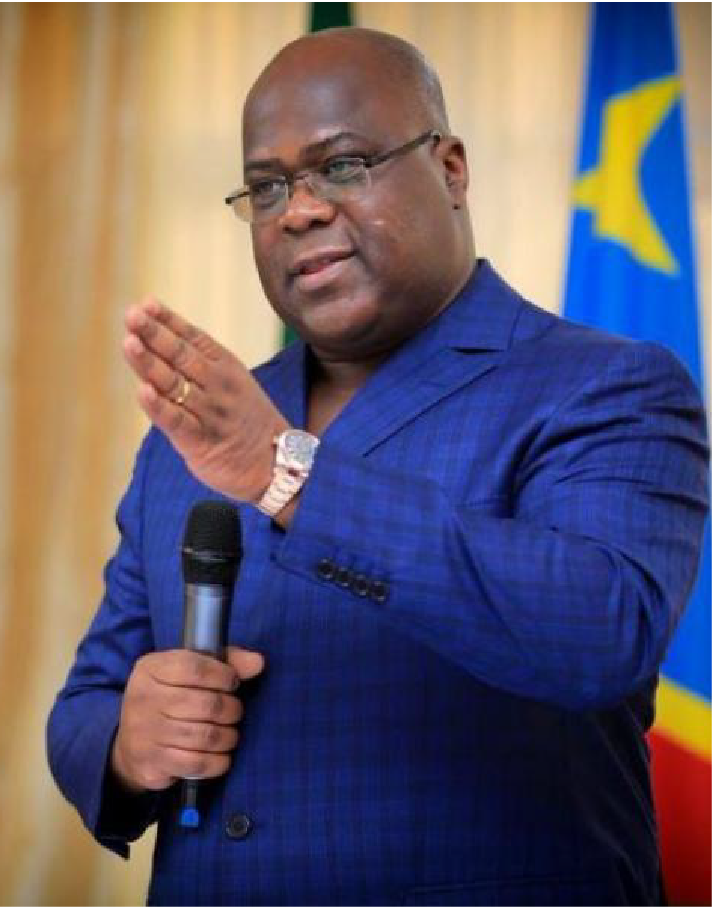
Pres. Felix Tshisekedi
(Current)

Pres. Joseph Kabila
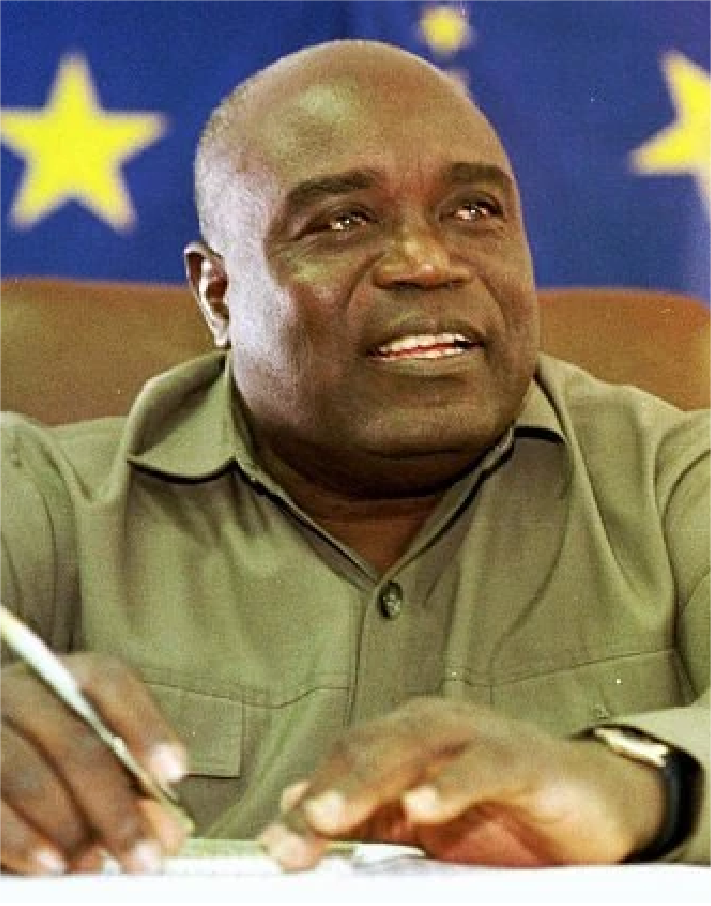
Pres. Laurent-Désiré Kabila
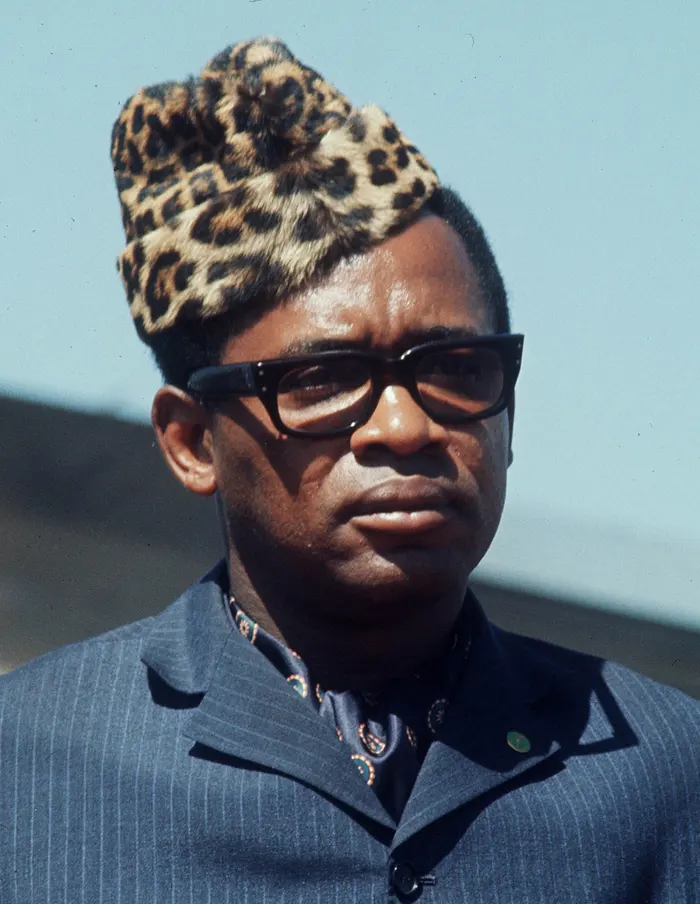
Pres. Mobutu Sese Seko
Other Prominent Figures
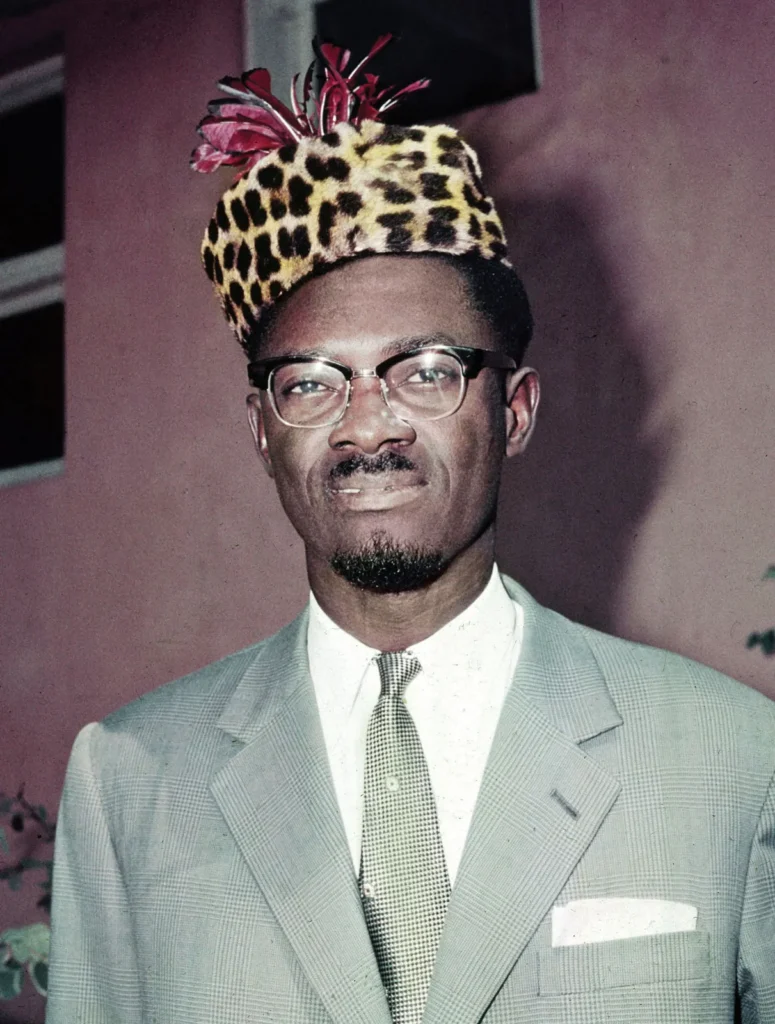
Former Prime Minister of the Democratic Republic of the Congo, Patrice Lumumba
Patrice Émery Lumumba, born Isaïe Tasumbu Tawosa, was a Congolese politician and independence leader who served as the first prime minister of the Democratic Republic of the Congo from June until September 1960, following the May 1960 election. He was later assassinated on the 17th of January 1961.
Geography and Landscape
Congo is the second-largest country in Africa after Algeria by land area, covering over 2,345,410 square kilometers. The country is characterized by diverse geography, including dense rainforests (The Equatorial Rainforest) which is second to the Amazon rainforest, expansive savannas, and the mighty Congo River, which is one of the longest rivers in the world. The varied landscape is home to a remarkable array of flora and fauna, contributing to the country’s significance in terms of biodiversity.

Capital and Major Cities
The capital city of the Congo (DRC) is Kinshasa, a vibrant and bustling metropolis situated along the Congo River. Other major cities include Lubumbashi, Kisangani and Mbuji Mayi.
Population and Culture
With a population of over 80-112 million people, Congo is a mosaic of ethnicities and cultures. The country is home to numerous ethnic groups, including the Bantu, Mongo, Luba, and many others, each with its own traditions, languages and customs. The cultural tapestry of Congo is expressed through music, dance, art and a rich oral tradition that has been passed down through generations.
History
Congo’s history is marked by a complex interplay of indigenous cultures, colonial rule, and post-independent struggles. The Congo was a Belgian colony known as the Belgian Congo until gaining independence in 1960. Subsequent years saw political instability, including the leadership of Mobutu Sese, who ruled the country for several decades. The country has faced challenges such as armed conflicts, but it has also demonstrated resilience in working towards stability and progress. With the coming of president Felix Tshisekedi, the country has begun to rebuild its governing institutions credibility by fighting corruption through the IGF, stability in the legal systems and initiatives that include change of mentality of public servants and citizens at large.
Economy
Congo possesses vast natural resources such as timber, oil and gas, gold and diamonds, including minerals like copper (70 percent of the world’s reserves) and cobalt. The mining sector has been a significant contributor to the economy, although challenges such as infrastructure development and regulatory issues persist. Agriculture is also a crucial sector, providing livelihoods for substantial portion of the population.
Challenges and Opportunities
Despite its potential, Congo faces challenges such as political instability, security concerns, and issues related to governance and corruption. However, there are opportunities for growth, particularly in sectors like infrastructure, agriculture, and renewable energy, mining, manufacturing, health, education, etc. Efforts to attract foreign investment and foster sustainable development are underway, with the government at the forefront, creating a conducive climate to attract investors.
Natural Resources
The Democratic Republic of Congo is abundantly rich in both natural and mineral resources, making t one of the most resource-endowed countries in the world. The country is a leading global producer of cobalt and substantial reserves of other minerals such as Copper, Diamonds Coltan, Tin, Uranium, Oil and Gold. These resources, while valuable, also present challenges related to responsible and sustainable extraction.
Wildlife Conservation
The country is home to a significant portion of Africa’s rainforests and diverse wildlife. Conservation efforts are crucial to preserving the unique ecosystems and protecting endangered species such as the mountain gorillas.
In conclusion, the Democratic Republic of the Congo is a nation with complex and multifaceted identity. While is grapples with challenges, its rich cultural heritage, natural resources, and the resilience of its people position Congo as a country with the potential for positive transformation and growth on the African continent.
Iconic References
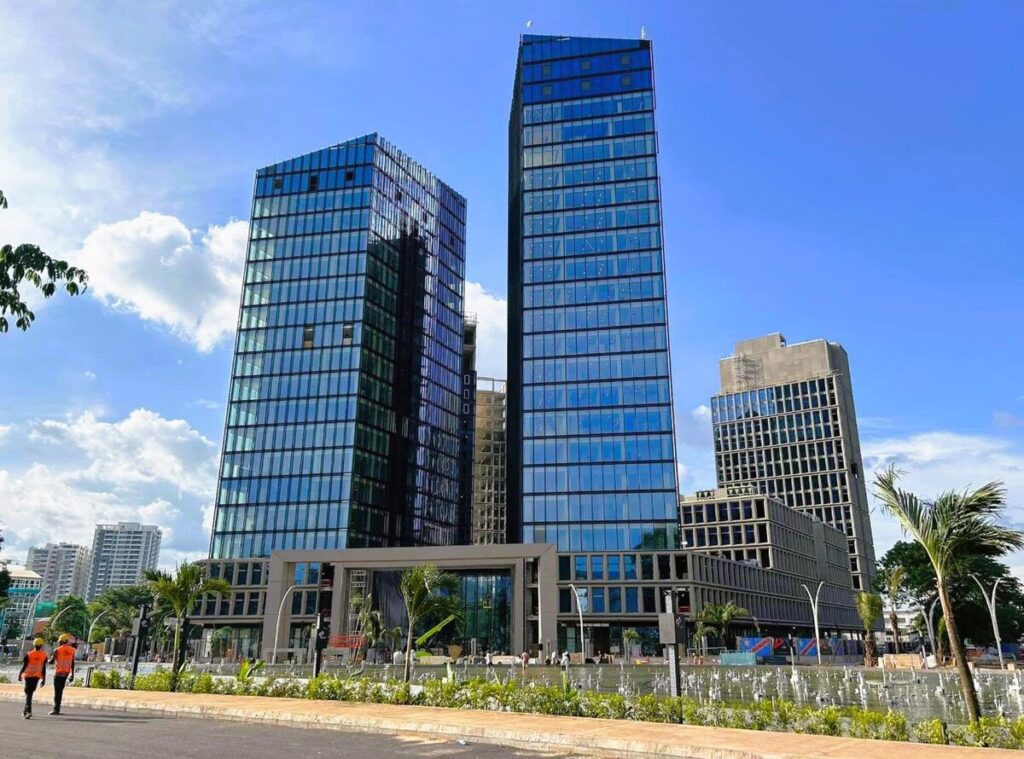
The Kinshasa Financial Center
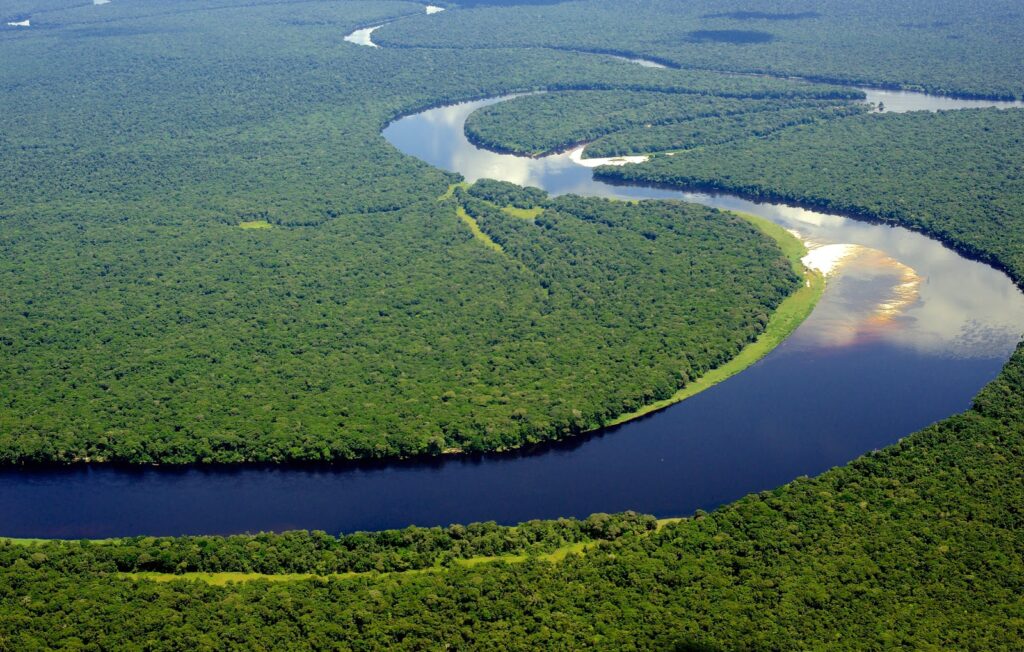
The Congo Rainforest
The Congo is home to a substantial portion of the Congo Basin rainforest, one of the world’s largest tropical rainforests. This ecosystem is vital for biodiversity and plays a crucial role in regulating the global climate.
